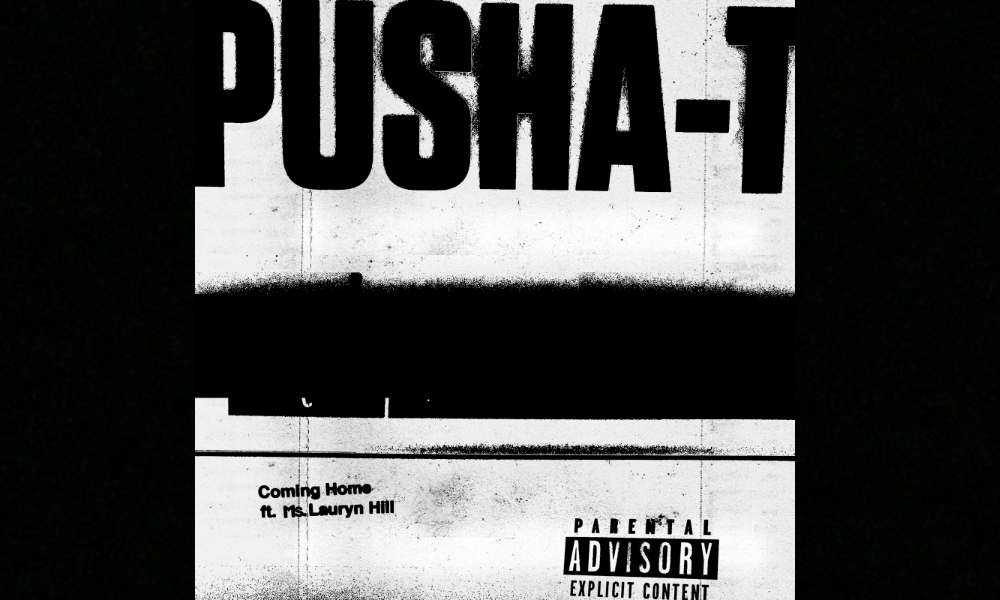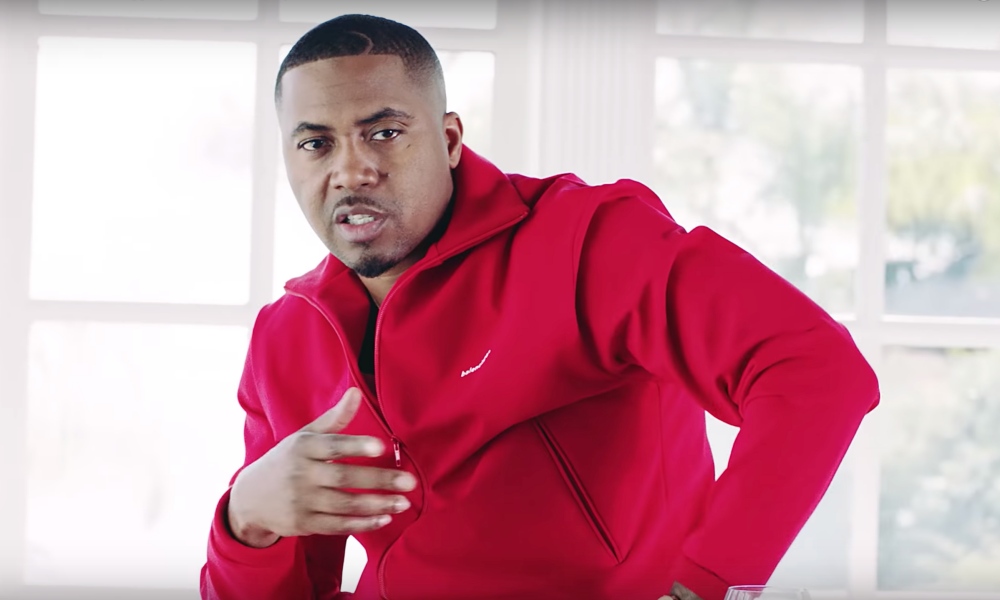Rick Ross is doing something rare by a Hip Hop artist. He is suing LMFAO for copyright infringement.
The Maybach Music boss filed a lawsuit against the party rocking pop duo, citing copyright infringement of his phrase “Everyday I'm hustlin’”.
In documents filed in Florida, Rozay claims LMFAO’s use of “Everyday I'm shufflin’” in their mega-hit “Party Rock Anthem” is an illegal "derivative" of his own 2006 track “Hustlin’”.
The suit was filed by Ross and the song's composer Jermaine Jackson and it states: “The use of 'Hustlin'' in 'Party Rock Anthem' is readily apparent, despite the slight change from "Everyday I'm hustlin'" to "Everyday I'm shufflin…'" and constitutes, inter alia, the creation of an unauthorized derivative work.”
Ross also claims the phrase is performed in a manner to sound just like him and is therefore "an obvious attempt to capitalize on the fame and success of Hustlin'."
The lawsuit continues: "The phrase is so important to the success of 'Party Rock Anthem', that LMFAO launched a highly successful clothing line, Party Rock Clothing, that features the phrase on T-shirts and other clothing items."
He is seeking an injunction and maximum statutory damages.
You may have heard about the recent legal battle between Rick Ross and the popular party rockers LMFAO.
It all started when Ross filed a lawsuit against the duo for alleged copyright infringement, claiming that their hit song ‘Party Rock Anthem’used a sample from his own track without permission or proper credit.
Protecting your intellectual property is crucial in any industry, but it’s especially important in the music world where creativity and originality are highly valued.
As an artist, you put your heart and soul into creating something unique and meaningful, so it’s only right that you should be able to reap the benefits of your hard work.
That’s why cases like this one are so important – they set a precedent for how artists can protect their rights and ensure that they receive proper compensation for their contributions to the industry.
The Alleged Copyright Infringement by LMFAO
LMFAO may have partied like rockstars, but Rick Ross isn’t amused by their alleged copyright infringement. The rapper has filed a lawsuit against the party rockers for using a portion of his hit song ‘Hustlin” in their 2010 smash hit ‘Party Rock Anthem.’
Ross claims that LMFAO used an instrumental section from ‘Hustlin” without obtaining permission or giving him credit. He argues that this sample is a significant part of the chorus in ‘Party Rock Anthem,’ and its use has caused confusion among fans who believe he’s affiliated with the song.
The lawsuit seeks an injunction to prevent further sales and performances of ‘Party Rock Anthem’, as well as damages and profits related to the alleged copyright infringement. It remains to be seen how this legal battle will play out, but it serves as another reminder of the importance of respecting intellectual property rights in music and other creative industries.
The Importance of Protecting Intellectual Property in the Music Industry
Safeguarding one’s creative output is crucial in the music industry, as it ensures that artists’ intellectual property rights are protected. With rampant piracy and illegal downloads, it has become increasingly important for musicians to have their work legally protected.
This includes registering for copyrights and trademarks, which can help prevent against unauthorized usage and theft of one’s work. Aside from legal protection, there are also financial benefits to safeguarding one’s intellectual property. By having exclusive rights over their work, artists can earn royalties and licensing fees from their creations.
This not only helps them financially but also provides a sense of ownership and pride over their work. Moreover, protecting one’s intellectual property is essential for career advancement. In an industry where reputation plays a significant role in success, being known as someone who takes copyright laws seriously can boost an artist’s credibility among peers and fans alike.
It shows that they value their craft enough to protect it from infringement or misuse by others.
Conclusion
So, you now know all about Rick Ross’ lawsuit against LMFAO for alleged copyright infringement. It’s essential to understand the value of your creative work and take steps to protect it from potential infringement as an aspiring musician or producer.
Remember, your intellectual property is just as important as any tangible asset, so don’t underestimate its worth. If you ever find yourself in a similar situation like Rick Ross did with LMFAO, don’t hesitate to seek legal action to defend your rights and ensure that justice is served.
Founder and Creator of Singersroom.com and IncredibleWork.com. Follow me on Instagram at @gary.gentles.








